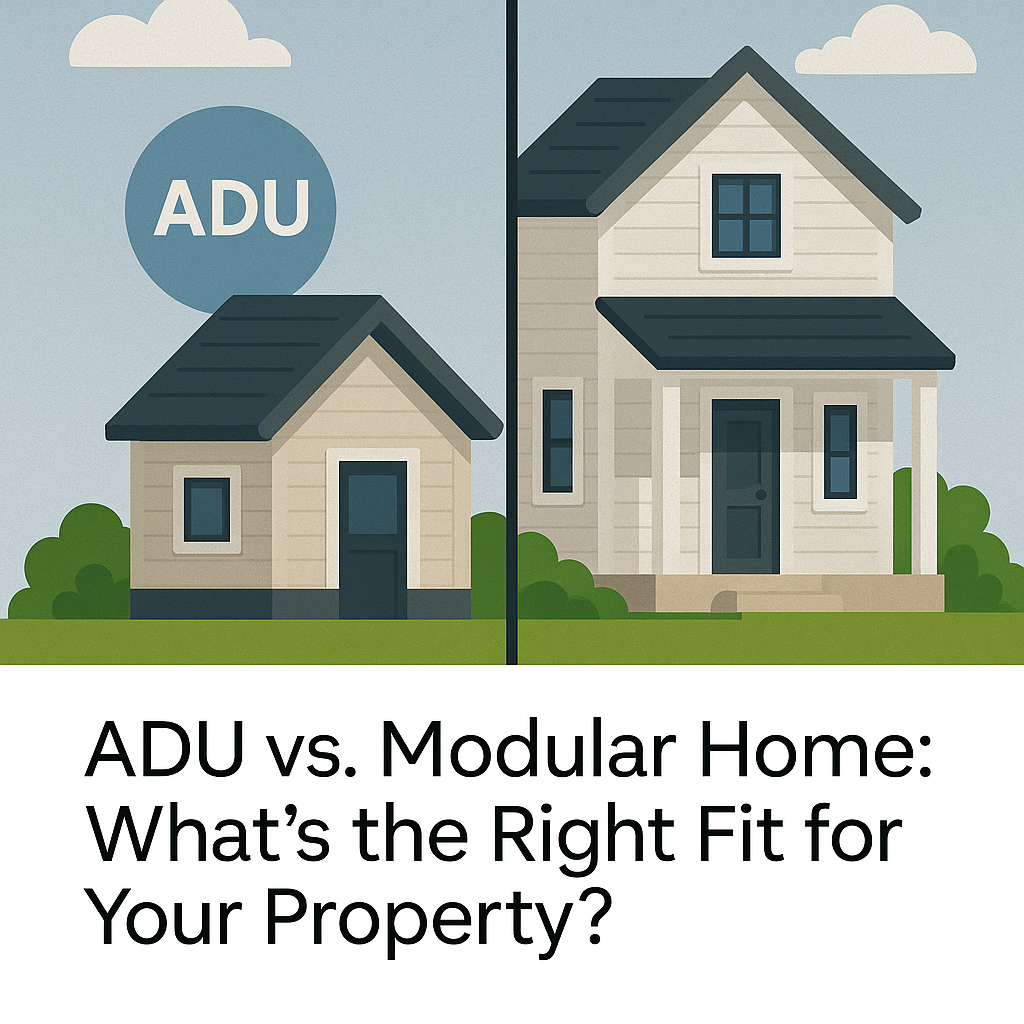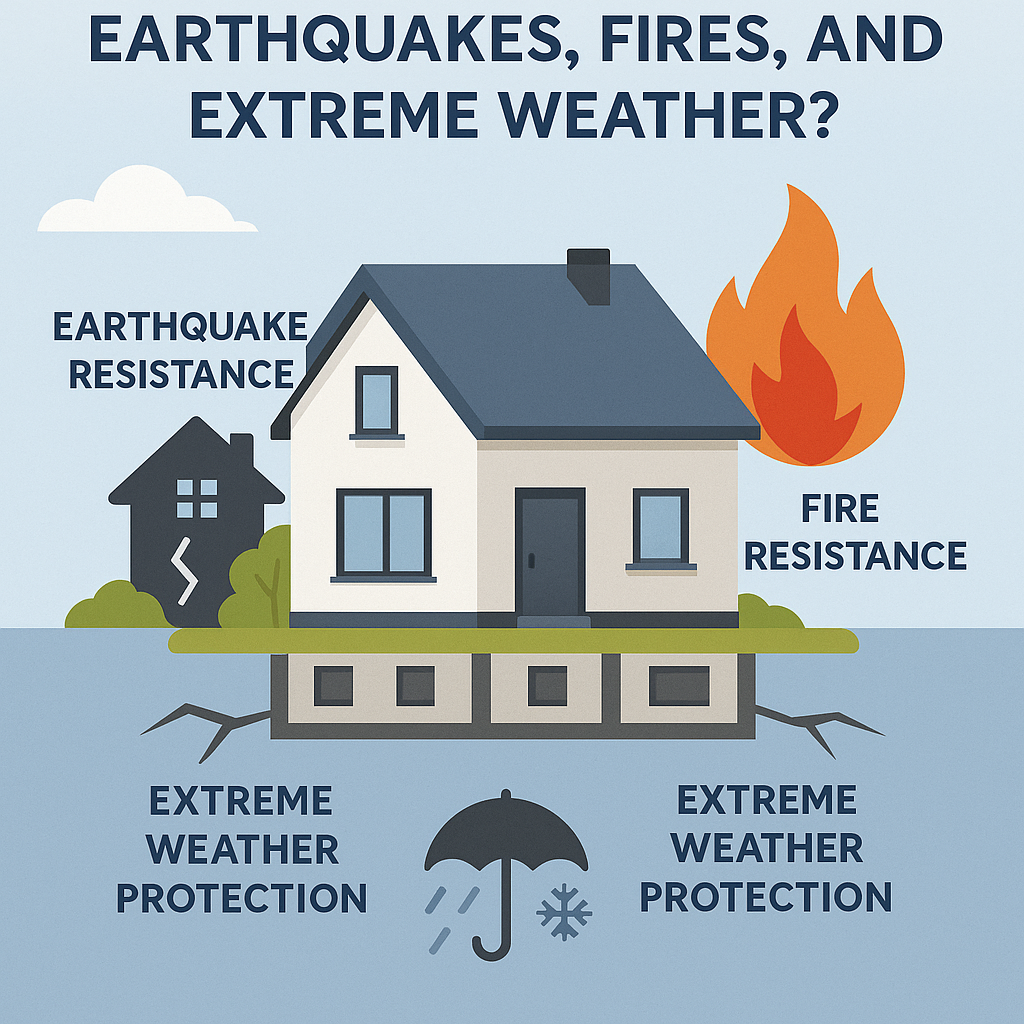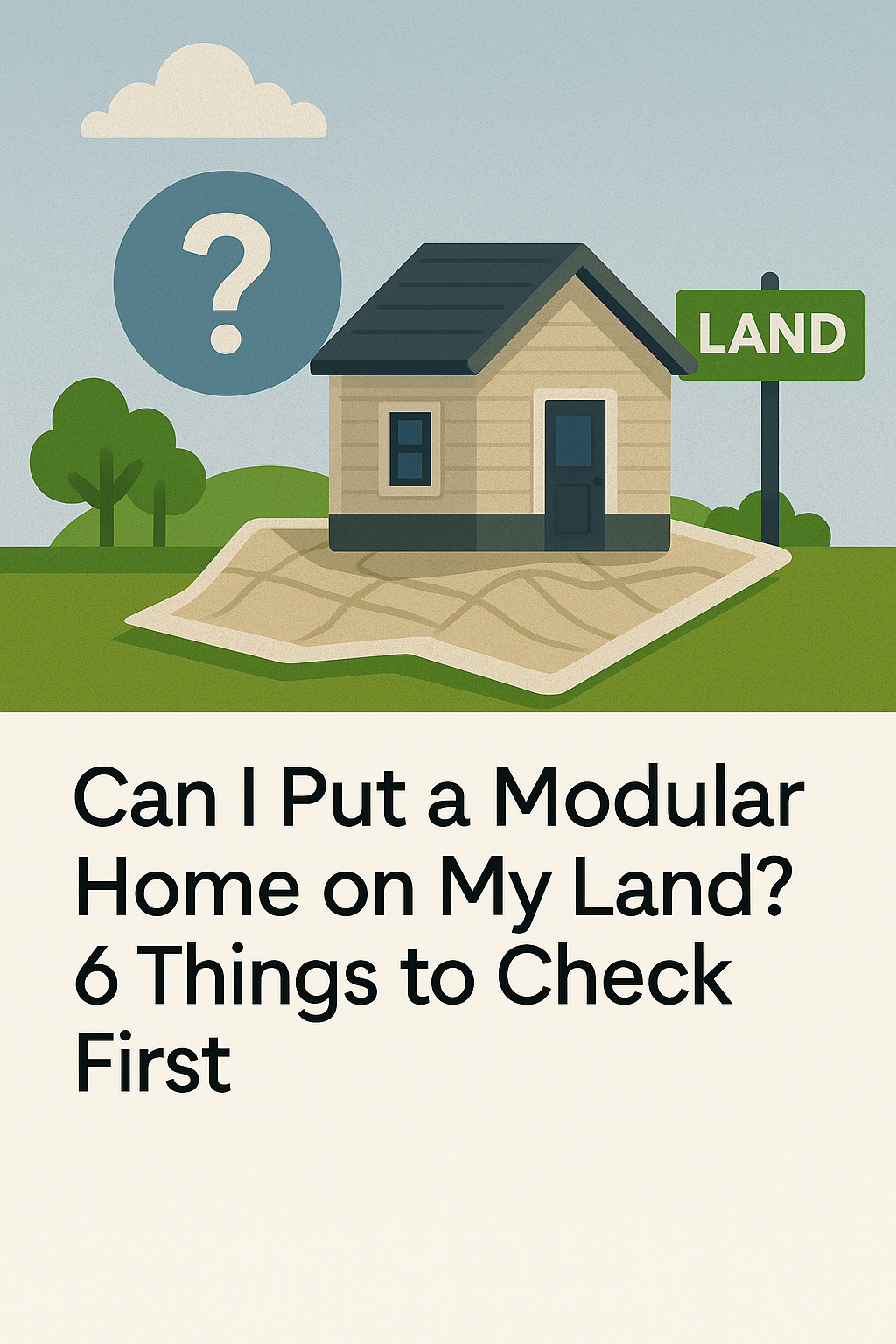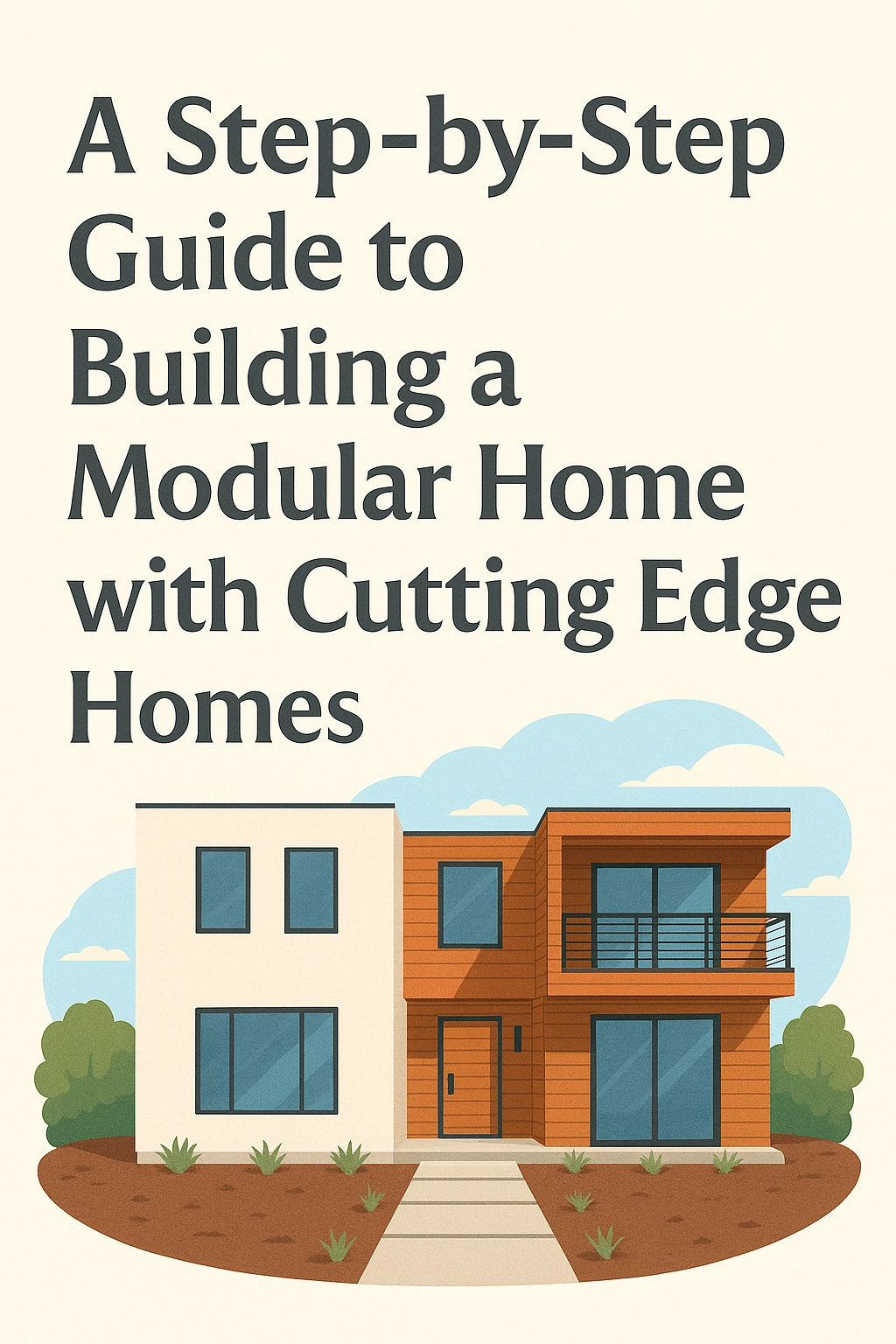When planning a build in California, two terms often come up: ADU (Accessory Dwelling Unit) and Modular Home. Both are factory-built housing solutions, but they serve very different purposes. Choosing the right one for your property depends on your goals, available land, and long-term needs.
This guide breaks down the key differences, benefits, and requirements so you can make the right decision—with confidence.
What Is an ADU?
An Accessory Dwelling Unit is a secondary housing structure built on the same lot as a primary residence. Commonly known as backyard cottages, granny flats, or in-law units, ADUs are typically:
- 400–1200 sq. ft. in size
- Built in addition to an existing home
- Used for rental income, guest space, multigenerational living
- Permitted under state and local ADU laws
Common Types of ADUs:
- Detached (standalone units)
- Attached (connected to the main home)
- Garage conversions
- Junior ADUs (JADUs)
California law has made ADUs much easier to permit in recent years, especially in urban and suburban areas.
What Is a Modular Home?
A Modular Home is a full primary residence built in a factory, then assembled on-site. It’s designed to be the main structure on a property and must meet all California building codes.
Key features:
- 600–4,000+ sq. ft.
- Built to state and local residential building code (not HUD)
- Transported in large sections (modules) and craned onto a permanent foundation
- Offers full design flexibility—just like a site-built home
Modular homes are perfect for buyers who want to:
- Build on raw land
- Replace a fire-damaged or aging home
- Downsize to a custom, modern residence
Key Differences: ADU vs. Modular Home
| Feature | ADU | Modular Home |
|---|---|---|
| Purpose | Secondary unit | Primary residence |
| Typical Size | 400–1200 sq. ft. | 600–4,000+ sq. ft. |
| Where It Goes | On lot with an existing home | On its own parcel of land |
| Permitting | Follows ADU-specific rules | Full residential permitting required |
| Financing | May require cash-out refi or HELOC | Eligible for traditional mortgage |
| Design Options | Limited (due to size/code) | Fully customizable |
| Value Impact | Increases existing home value | Establishes new property value |
When Is an ADU the Right Fit?
Choose an ADU if:
- You already own a home and want to add a rental or guest space
- Your lot is in a city or suburb that allows ADUs
- You have at least 1,000 sq. ft. of usable backyard space
- You want a faster, smaller project with minimal disruption
ADUs are also excellent for:
- Short-term or long-term rentals
- Home offices or studios
- Aging parents or returning adult children
When Is a Modular Home the Right Fit?
Choose a modular home if:
- You’re building on a vacant lot
- You want a full-size custom home without the site-built delays
- You’re rebuilding after fire, damage, or teardown
- You want better design, better materials, and faster delivery
Modular homes are also ideal for rural or wildfire-prone areas, thanks to their tight construction standards and factory quality control.
What Cutting Edge Homes Offers
At Cutting Edge Homes, we help clients with both options:
- We design and deliver fully custom modular homes throughout California
- We also offer a range of ADU floor plans to suit urban lots and multigenerational living
Our team guides you through:
- Permitting (ADU or modular)
- Site planning
- Design selections
- Factory coordination and delivery
Final Thoughts
Choosing between an ADU and a modular home is really about understanding your goals and your property. One adds space to an existing home; the other becomes your new home.
Whichever route you choose, Cutting Edge Homes will make the process easier, faster, and more predictable.
Ready to explore your options? Contact our team today to find out which solution fits your needs best.



